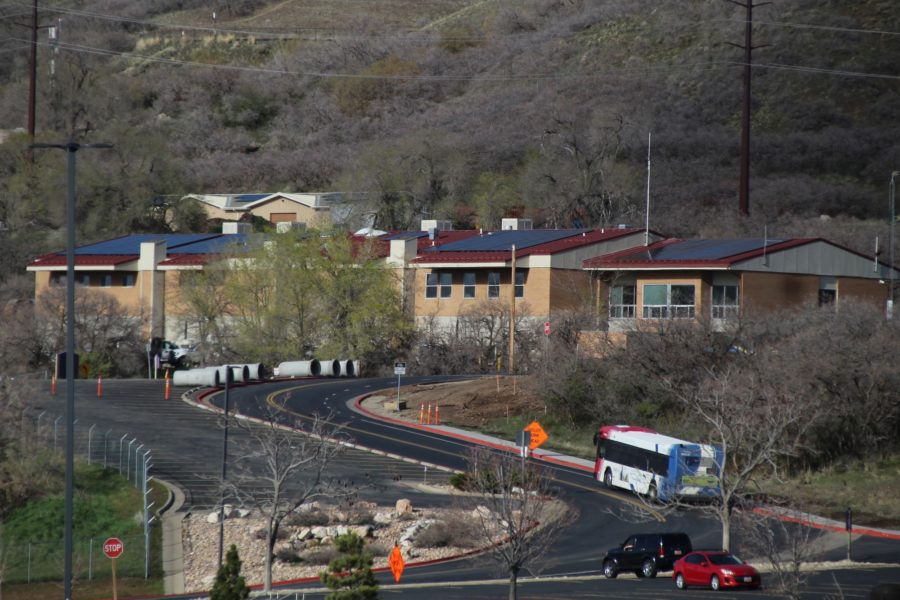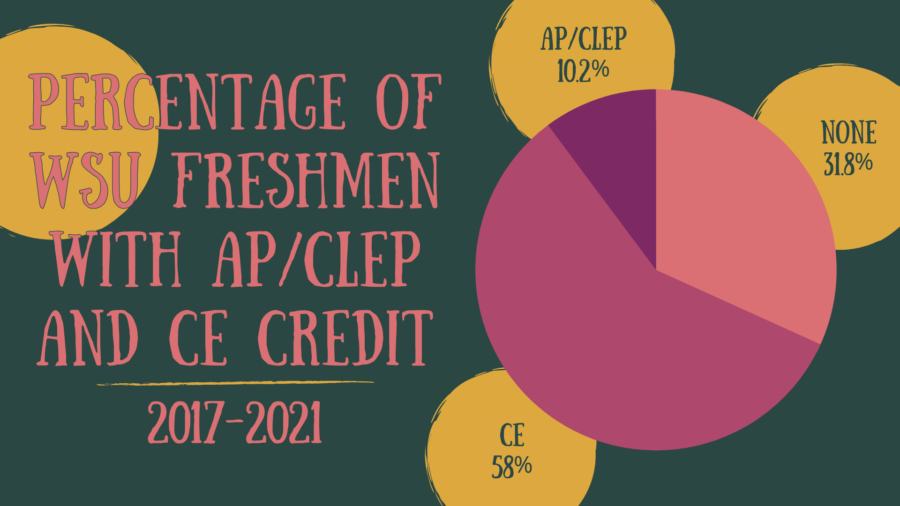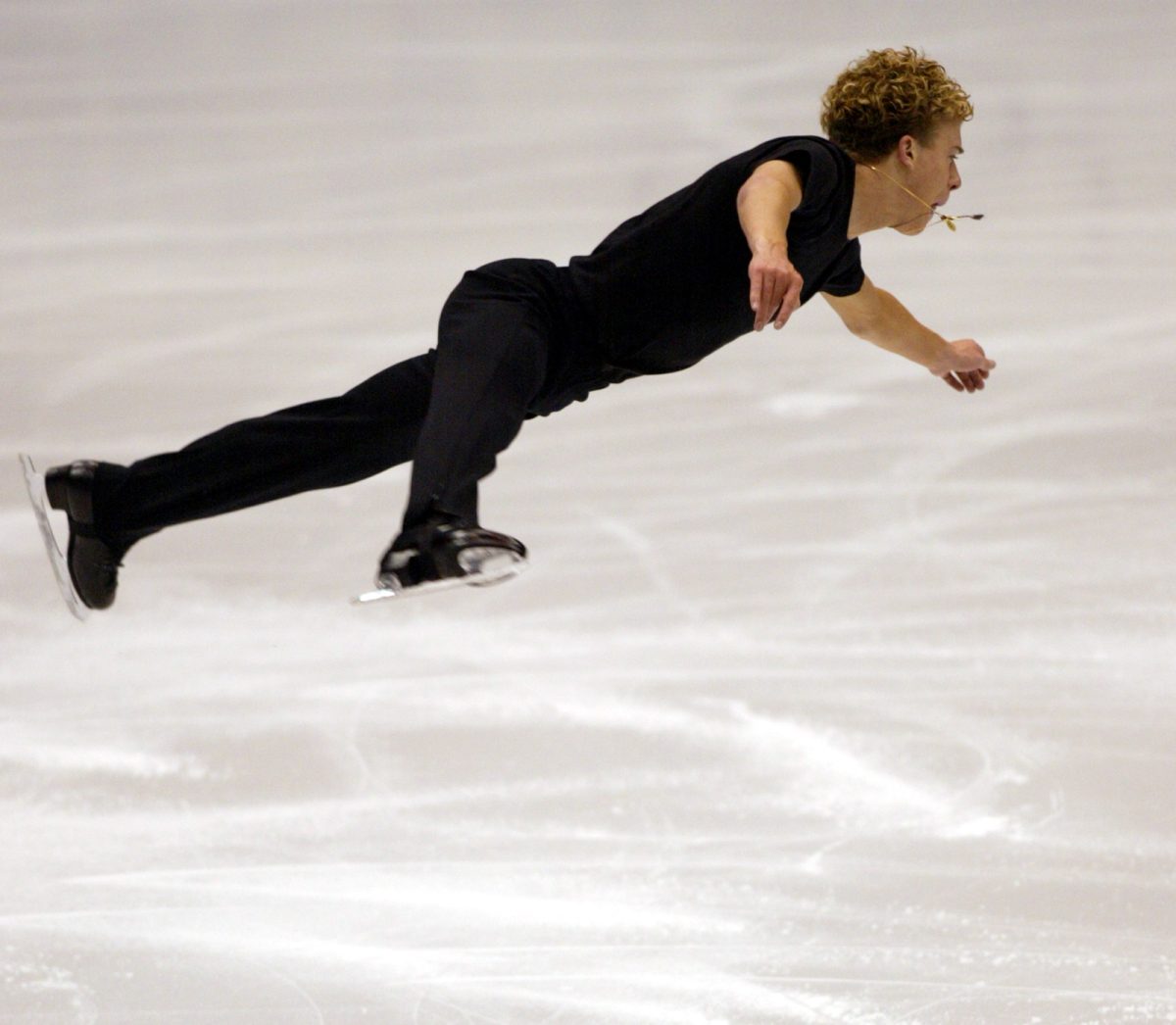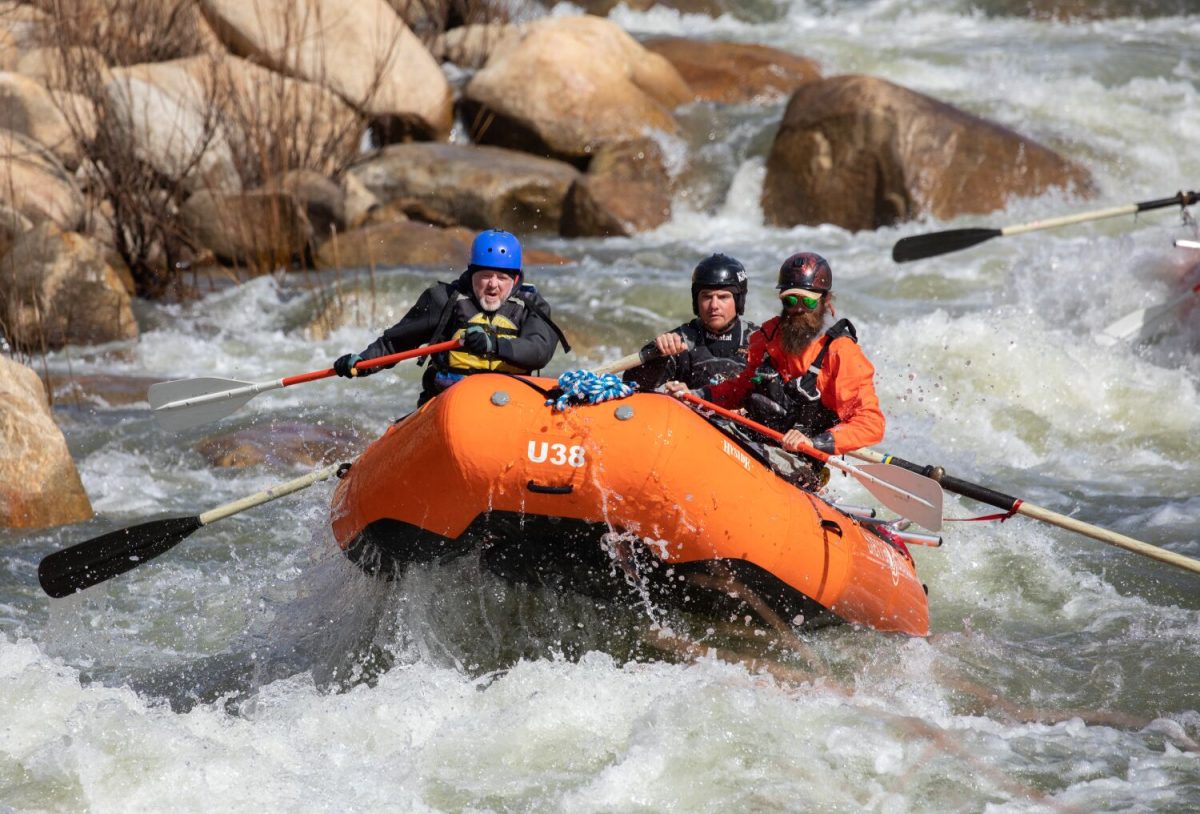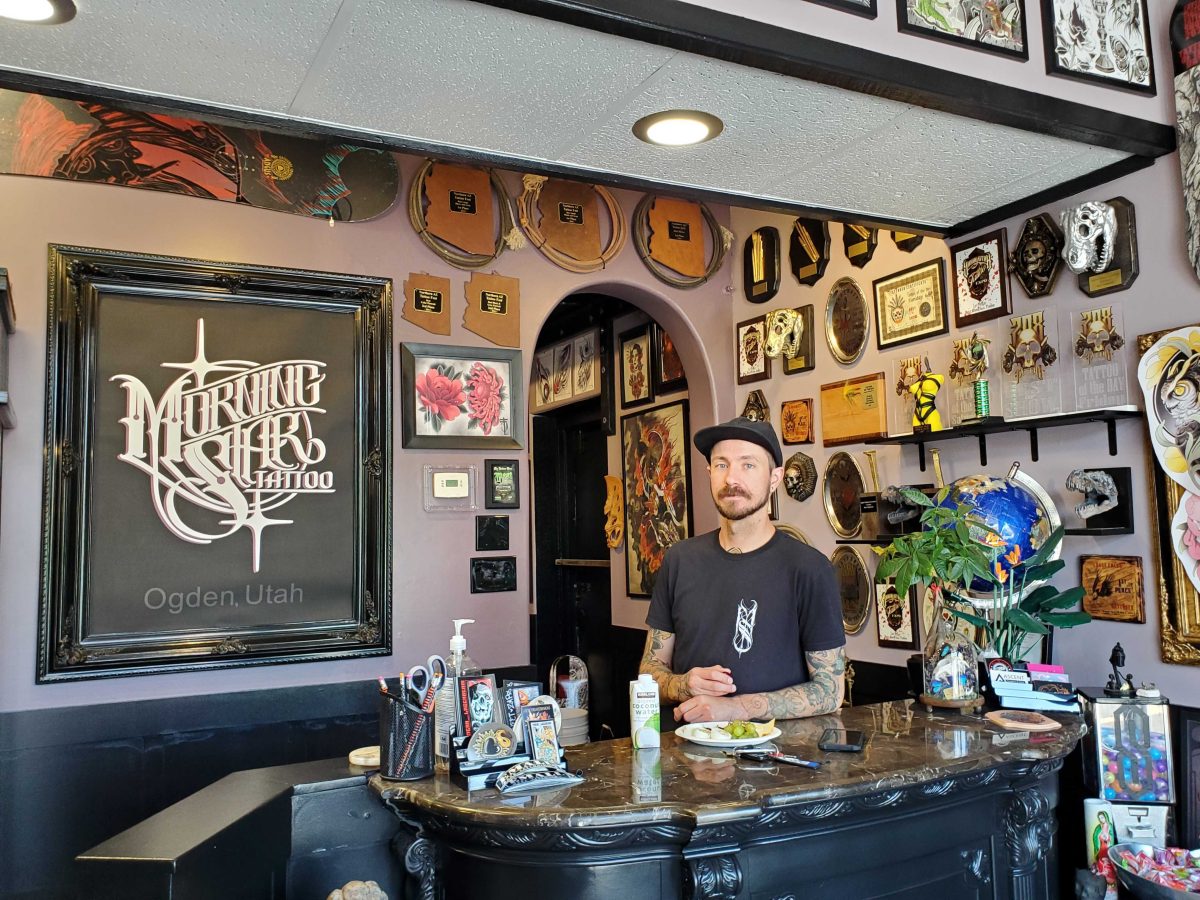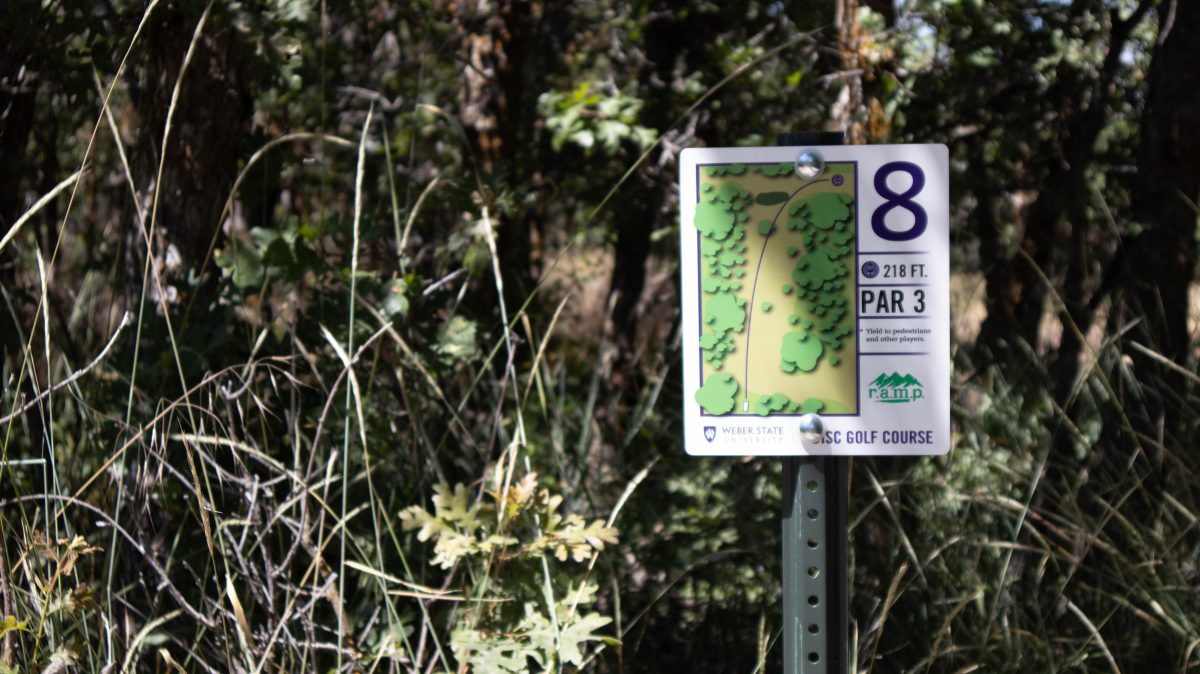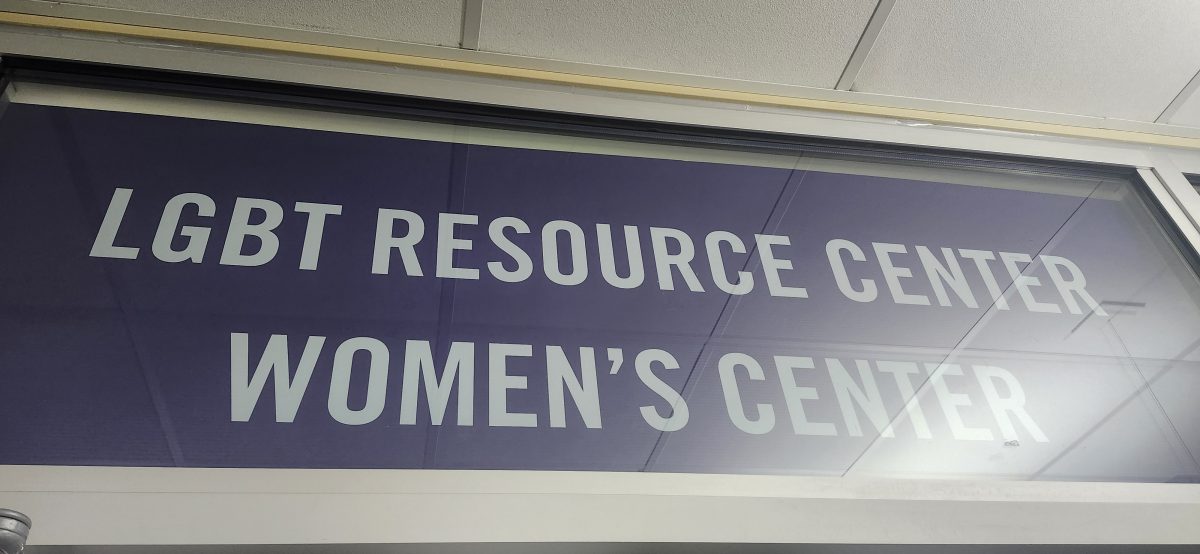Weber State University is still working on clarifying what students can do with recordings they make in class; specifically, tightening the language in the student code that says students need permission from both a faculty member and other attendees to share recorded information.
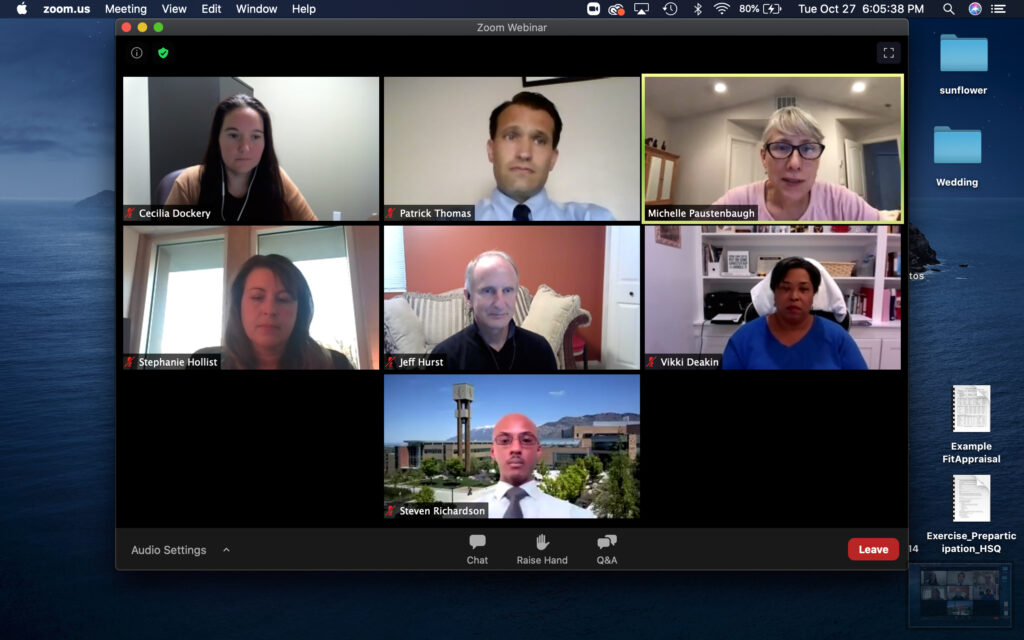
After three hearings on changes to the student code in regard to recordings — the first of which did not take place because of technical difficulties — the proposed adjustments will move forward to the senate of the Weber State University Student Association.
The hearings’ purpose were to answer questions and listen to feedback on the policy changes from members of the WSU community.
Changes to the policy were first brought up around six years ago by Vikki Deakin, a professor in the history department and the chair of the presidential task force on the new recording policy after she heard about an incident that took place at her alma mater.
“A professor was recorded without permission, and things went haywire, and the University of Missouri recognized that they didn’t have a policy to match 21st-century social media,” Deakin said. “This is a conversation that has been in the making for a very long time; it isn’t just the result of recent events.”
At WSU, the changes to the student code are meant to clarify language on a student’s permission to create recordings in order to make the university’s expectations more transparent.
Patrick Thomas, of the university legal council, noted that the language already states people need permission from a faculty member to record in a classroom setting.
“What was unclear is what that person could do with that information,” Thomas said. “We clarify that if someone wants to share that information, they not only need to ask for permission from their faculty member but also from the other attendees in the meeting.”
The code changes only apply to non-public, university-sponsored events and educational experiences.
If someone needs an accommodation for a disability that requires some sort of recording, the student should contact Disability Services to discuss the matter as it goes through a different policy.
The Disability Office can then speak to the faculty member to discuss some sort of agreement for the student.
One anonymous attendee of the hearing asked if the new policy changes would require faculty members to get students’ permission when recording a lecture, which many are currently doing on Zoom with online and FLEX courses.
The Family Educational Rights and Privacy Act already protects students from this, and faculty members are not allowed to share recordings outside of the university.
“I can say that, as a faculty member, FERPA is something that, as a federal law, the faculty is well aware of; we undergo regular training,” Deakin said. “We take it very seriously.”
When asked about the potential consequences students may face for sharing a recording without permission, Jeff Hurst, from the Dean of Students Office, said determining a punishment was a difficult question to answer because each case would have different circumstances.
“We consider the intent and the impact as well, so it really does vary on a case-by-case basis,” Cecilia Dockery, also with the Dean of Students Office, said. “We would evaluate kind of all of the factors of the incident in order to make those decisions, and the outcomes would align with the level to which those factors are met.”
Other questions included what action the university could take if a student turned the footage over to the news media and how faculty members should word a syllabus when discussing the new policy.
The policy only addresses what can be controlled at an institutional level, but a request to the media to take down the footage could be made. Issues with syllabi are dealt with in other policies and code, and faculty members can word their syllabi how they want.
“You can put in your syllabus language, ‘I give students permission to record in these circumstances; I give students permission to report in subsequent semesters,’” Deakin said. “You can do that however you want, so you have the ability to set your parameters how you wish; it’s just that the default is they cannot.”
After the WSU Student Association Senate considers the proposed changes, the Admission Standards and Student Affairs Committee will try to reconcile any differences between the Student Association, comments and feedback from the hearings and the proposed policy.









